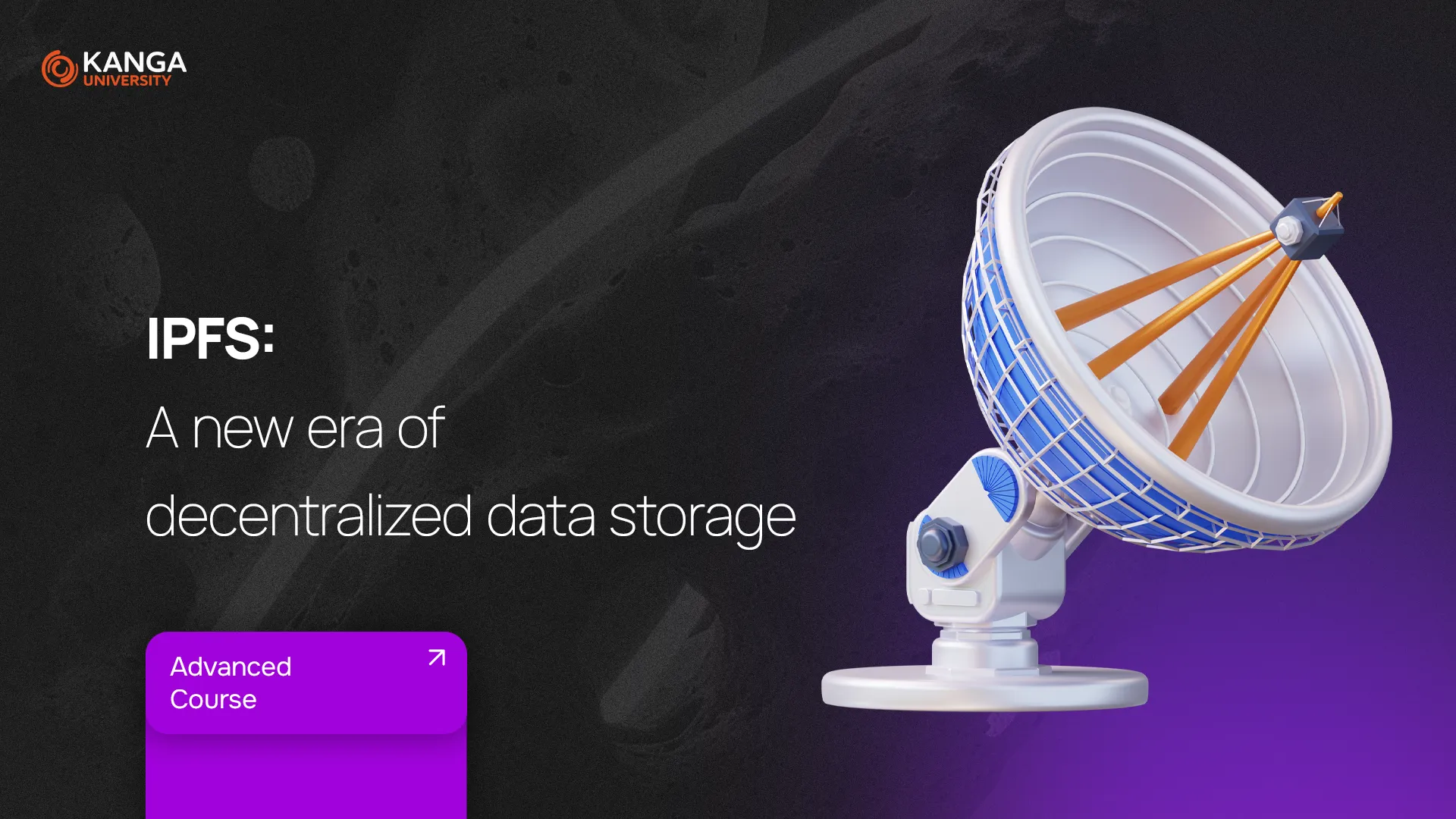
The InterPlanetary File System (IPFS) is an innovative technology that’s changing how we store and share files online. It moves away from centralized servers and uses a decentralized, peer-to-peer network to make content delivery faster, more secure, and censorship-resistant. If you’ve ever used the internet, you’ve relied on systems like HTTP. IPFS aims to improve and, in many cases, replace this traditional model.
Let’s explore how IPFS works and why it’s becoming a game-changer for the future of the internet.
What is IPFS?
IPFS, short for InterPlanetary File System, is a protocol designed to store and retrieve files in a distributed way. Instead of relying on one central server (like most websites do), files on IPFS are stored across a network of nodes around the world. Each file, or part of a file, is given a unique identifier called a CID (Content Identifier), which is generated using cryptographic hashing.
This means two important things:
-
Files can be accessed from any node that has a copy, making the system much more resilient.
-
The content is tamper-proof, because the hash will change if even a single byte of the file is altered.
So, unlike traditional URLs that point to where a file is located (e.g., a server address), IPFS points to what the file is.
How IPFS Works
When you upload a file to IPFS:
-
It’s broken into smaller chunks.
-
Each chunk is hashed and distributed to multiple nodes in the network.
-
A CID is created, and anyone with that CID can request the file.
When someone wants to access that file, they send a request using the CID. IPFS searches its network of nodes and delivers the file from the closest or fastest source.
One of the system’s advantages is deduplication: if two people upload the exact same file, it’s stored only once. This saves space and reduces bandwidth usage.
Why IPFS Matters for the Blockchain World
Blockchain and IPFS work extremely well together. Blockchains are great for storing permanent records, like financial transactions or smart contracts, but they aren’t designed to handle large files (like images, videos, or entire websites).
This is where IPFS comes in.
Instead of saving a full file on the blockchain, a project can store the file on IPFS and just put the file’s CID on the blockchain. That way, the data is accessible, verifiable, and doesn’t bloat the blockchain.
Use cases:
-
NFTs often store artwork on IPFS.
-
Decentralized apps (dApps) store frontend code or documents.
-
DeFi protocols use IPFS to store user interfaces or governance proposals.
Real-World Examples and Adoption
Major tech players like Netflix, Opera, and Brave are already experimenting with IPFS. The Brave browser, for example, has native IPFS support, letting users access decentralized content directly.
As we move toward a more decentralized web (Web3), IPFS is becoming a foundational layer. It supports secure messaging apps, private social media platforms, and even decentralized versions of cloud storage.
Some potential transformations:
-
No need for user registration – your private key becomes your login.
-
Websites that stay online even if individual servers go offline.
-
Files that are resistant to censorship or government takedowns.
Advantages of IPFS
-
Censorship Resistance: If one node goes offline or is blocked, others can serve the same content.
-
Data Integrity: Files are hashed and verifiable, ensuring nothing has been altered.
-
Efficiency: Files are deduplicated and load from the fastest source.
-
Privacy Potential: Future versions of IPFS may support encrypted, access-controlled content.
Challenges and Considerations
While IPFS is powerful, it’s not perfect. Because files are accessible by anyone with the CID, privacy and access control are still major challenges. Encryption and permission systems are being explored, but they require careful design.
Additionally, standardization, adoption, and scalability remain ongoing areas of development. IPFS is growing rapidly, but for it to replace parts of the current internet infrastructure, it needs more time and support from developers and users.
Summary
IPFS is reshaping how we think about data on the internet. By distributing files across a global network instead of relying on central servers, it offers speed, durability, and resistance to censorship. When paired with blockchain, it becomes even more powerful – allowing Web3 projects to function in a fully decentralized way.
As we enter a new era of the internet, understanding and using IPFS could be as important as learning how to build a website was 20 years ago.